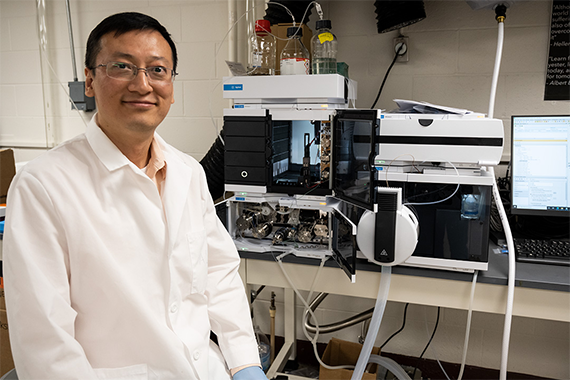
Mizzou Engineer develops method to break down PFAS left on water treatment filters
In a recent study, Feng “Frank” Xiao and colleagues at the University of Missouri demonstrate an innovative method using thermal induction heating to rapidly break down PFAS left on the surface of two solid materials — granular activated carbon and anion exchange resins — after these materials have been used to filter PFAS from municipal water systems.

Mizzou Engineering team develops video retrieval system based on captioning
t’s not hard to search for a cute cat video on the internet. But if you want to find a video of a cat chasing a dog down a street on a sunny day, it gets trickier. Now, a Mizzou Engineering team has developed a novel system that relies on image captioning to find video clips of specific objects and scenes.
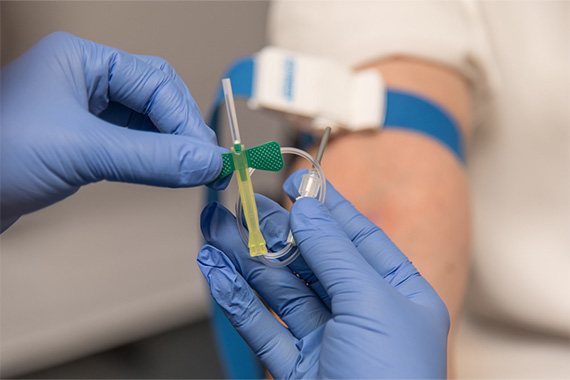
Mizzou Engineer outlines system to customize blood supply chain solutions
Blood supply chains can be complicated. On one hand, healthcare providers must make sure they have enough to meet demands, which can be unexpected. On the other hand, roughly 20 million donated platelets are discarded each year because they expire before they’re needed.
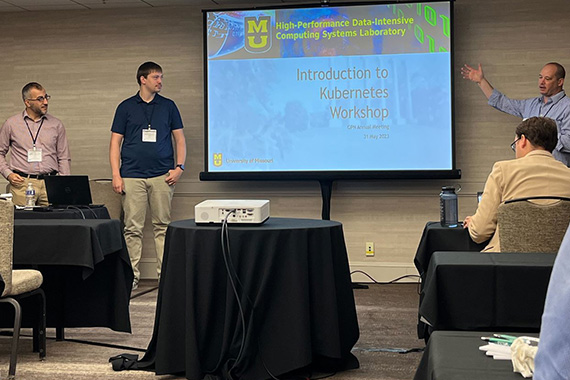
Engineers share expertise around Nautilus with Great Plains Network
Mizzou Engineers are sharing their expertise around the National Research Platform, or Nautilus, with academic peers and leaders across the state this year. Nautilus is a massively scaled hypercluster with thousands of compute nodes located all across the U.S. and powered by Kubernetes, an open source software platform.

Civil Engineering team develops realistic artificial data set for road safety studies
A Mizzou Engineering team is hoping artificial intelligence (AI) can be leveraged to prevent vehicle crashes in the future. To that end, they’ve developed realistic artificial data sets (RAD) that can be used to train machines to predict the factors that cause wrecks. These data sets are now available through the U.S. Department of Transportation. The three-year $1.1M project was supported by the US DOT’s Exploratory Advance Research Program.
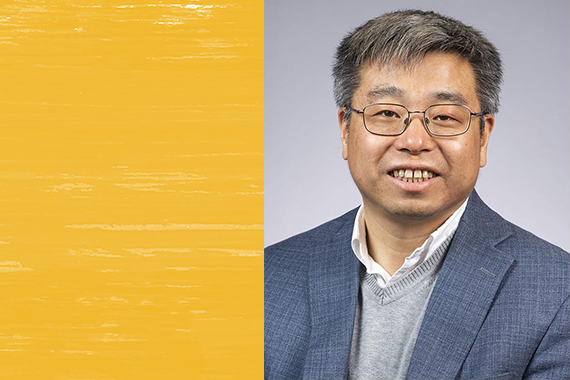
AI software can predict ‘roadmap’ for protein location, biological discoveries
Recently, Dong Xu, Curators' Distinguished Professor in the Department of Electrical Engineering and Computer Science at the University of Missouri, and colleagues updated their protein localization prediction model, MULocDeep, with the ability to provide more targeted predictions, including specific models for animals, humans and plants.
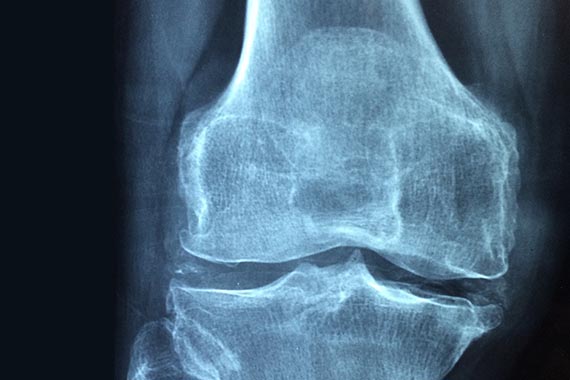
Mizzou team uses EMG signals to assess movement in osteoarthritis patients
An interdisciplinary research team at Mizzou has demonstrated a way to use non-invasive electromyography, or EMG, signals to assess lower body movements in osteoarthritis patients.
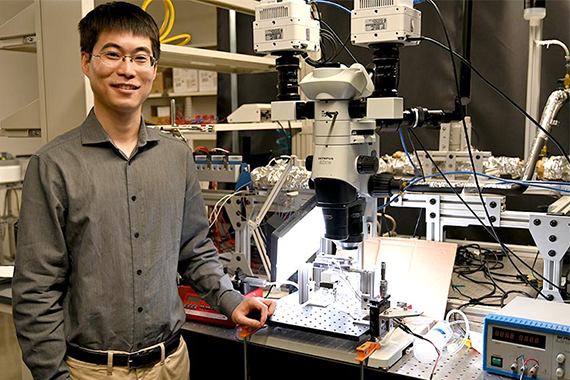
Jin works to advance technology to solve climate challenges, meet energy demands
Yue Jin has been interested in nuclear power as a clean energy source since his undergraduate studies at a top-ranked university in China. So, after completing a PhD from Pennsylvania State University and working as a post-doctoral fellow at MIT, he saw Mizzou as an obvious next step.
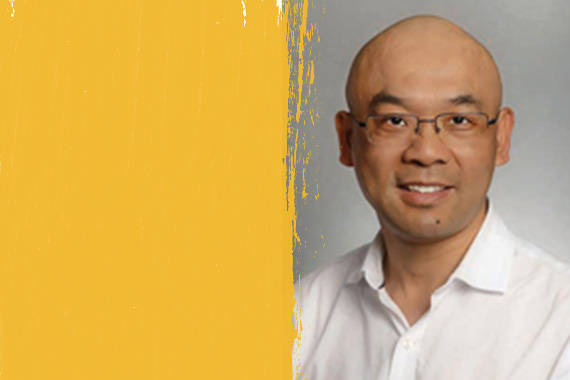
Cheng developing software to predict protein function using generative AI
A Mizzou Engineer has received funding from the National Science Foundation to develop a tool that will predict how a protein functions based on its order of amino acids. Jianlin “Jack” Cheng envisions developing open source software that would allow a user to enter the sequence, then the system would predict not only how that string of amino acids will form into a structure but also the role it will carry out within a cell. Additionally, the system would pinpoint the specific site of the protein that carries out the function.
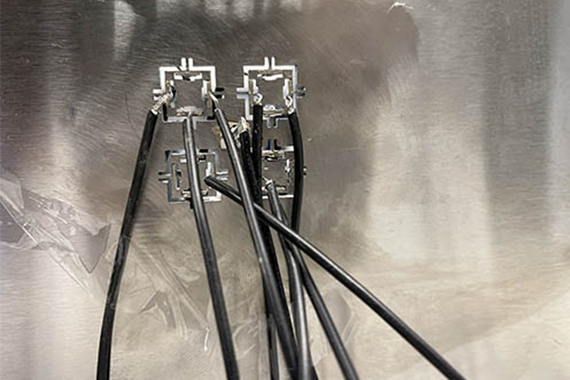
Smart material prototype challenges Newton’s laws of motion
For more than 10 years, Guoliang Huang, the Huber and Helen Croft Chair in Mechanical and Aerospace Engineering, has been investigating the unconventional properties of “metamaterials” — an artificial material that exhibits properties not commonly found in nature as defined by Newton’s laws of motion — in his long-term pursuit of designing an ideal metamaterial. Huang’s goal is to help control the “elastic” energy waves traveling through larger structures — such as an aircraft — without light and small “metastructures.”